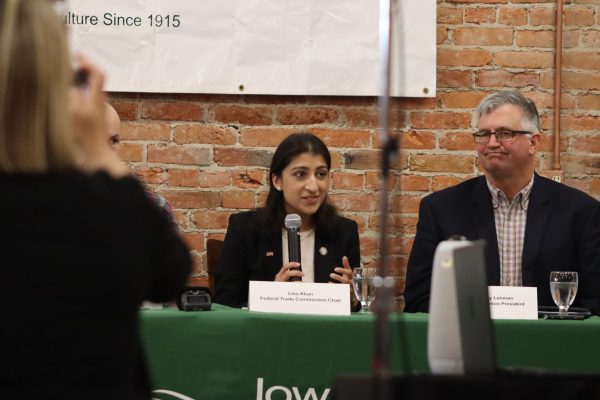Indian parliament agrees to pass anti-corruption bill
August 29, 2011
Indian parliament agreed to pass an anti-corruption bill after activist Anna Hazare ended his hunger strike Sunday. Hazare is a primary leader in an Indian anti-corruption movement aiming to pass a bill providing for a Jan Lokpal, an investigative body intended to fight corruption within the Indian government and expedite prosecution of offenders.
This is a landmark success for the Indian people because this is the first time such a bill has made it through the India parliament, and has been awaiting approval in several forms for more than 40 years.
Hazare is an Indian political activist who has been instrumental in reinstating the bill for several years, but has recently been active through hunger strikes in recent months. The movement has culminated in his most recent hunger strike that began nearly two weeks ago. He employs nonviolent tactics and firing up Indian youth in his current mission to end corruption indefinitely.
Several Indian international students from Iowa State are passionate about their home country’s political situation and were more than willing to speak with the Iowa State Daily about their own feelings and experiences.
Ashrith Kothapalli, freshman in industrial engineering
“In India, you just have to bribe people or use your contacts. It’s not going through in an easy way. Everything has to go through in an illegal way. When this Lokpal bill is brought through, the members of the committee will be able to control the flow of black money abroad. Also, they can have the right to question anyone.”
Presha Kardile, sophomore in civil engineering
“If corruption ends in India, so many things will be right. Everything from education to the economy, to politics to business, both the private and the public sector. In India we are like, ‘chalet sai,’ which means corruption is a part of life. But we should realize that, as a country, it’s not going to sustain for long if corruption is going to go on.”
Upabali Das Sarma, senior in economics
“I don’t think it’s ever going to work. I mean, corruption is a huge thing. It’s not going to work because it just has to be in the morality of the person. I mean, people look at corruption in a bad way and want to change it, but I don’t think it’s going to help. Whoever is looking at the bill, even it gets passed or something, unless they take action, whoever are the corrupt people or in charge will get bribed.”
















